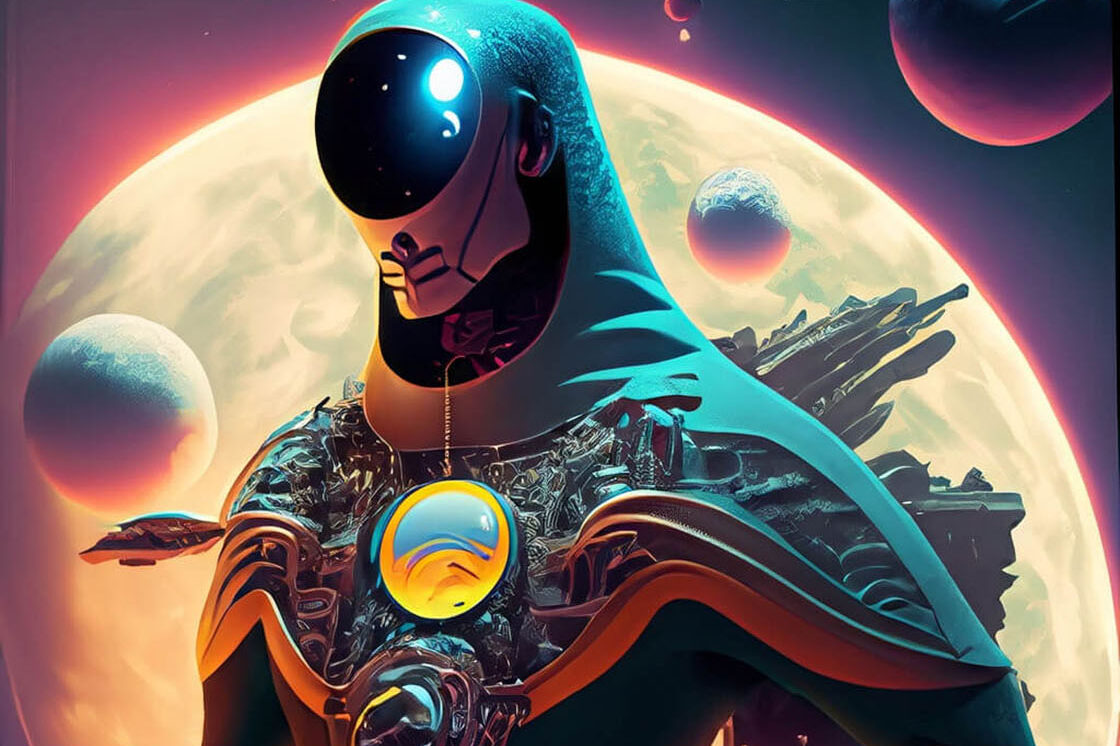The 23rd century heralds a remarkable era in human history, one where biotechnology and longevity have converged to transform the human experience. While our understanding of biology and genetics has advanced considerably over the years, the 23rd century takes these advancements to an entirely new level, offering the promise of extended lifespans and enhanced human capabilities.
One of the most groundbreaking developments in this era is the ability to reverse aging and extend human lifespans. Researchers have unlocked the secrets of cellular rejuvenation, allowing individuals to undergo treatments that roll back the clock on their biological age. This not only extends life but also improves the quality of life, as age-related diseases and conditions become a thing of the past.
Genetic engineering plays a pivotal role in this new age of biotechnology. Scientists can modify and optimize human DNA to eliminate hereditary diseases, enhance cognitive abilities, and even imbue individuals with unique traits. This level of genetic control opens up possibilities that were once the stuff of science fiction.
Furthermore, personalized medicine has become the standard of care. Each person’s genetic makeup is analyzed comprehensively, allowing for treatments and medications tailored specifically to their individual genetic profile. This precision medicine approach minimizes side effects, maximizes treatment efficacy, and enhances overall well-being.
Biotechnology also intersects with the concept of human augmentation. Individuals can choose to enhance their physical and cognitive abilities through cybernetic implants, nanotechnology, and neural interfaces. This blurs the line between humans and machines, offering a glimpse into a future where human potential knows no bounds.
However, this utopian vision of biotechnology is not without its ethical and societal challenges. Questions surrounding access to these life-extending treatments, genetic discrimination, and the potential for unintended consequences are subjects of ongoing debate.
As we step into the 23rd century, biotechnology and longevity represent a new frontier in human achievement. It’s a world where age is no longer a barrier to exploration, discovery, and fulfillment, and where the boundaries of what it means to be human continue to expand in extraordinary ways.

